The Doctrine of Fair Use in Copyright Law
Biswajit Sarkar Copyright Blog
NOVEMBER 27, 2021
The Doctrine of Fair Use is a concept that originates from the case of Folsom vs. Marsh. Justice Story observed in his judgement, when the courts of law decide on cases like this, they must look to the nature and objects of the selection mode, the quantity and value of material used. Percentage of Original Material Used.

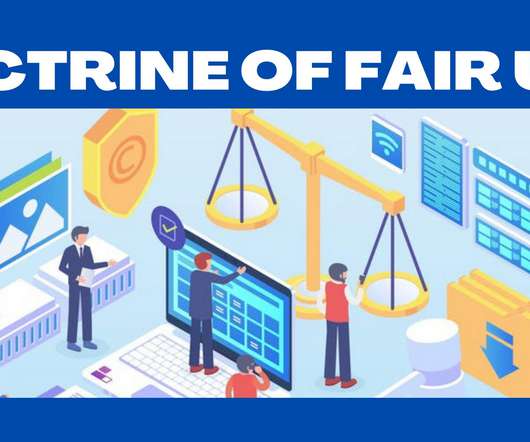
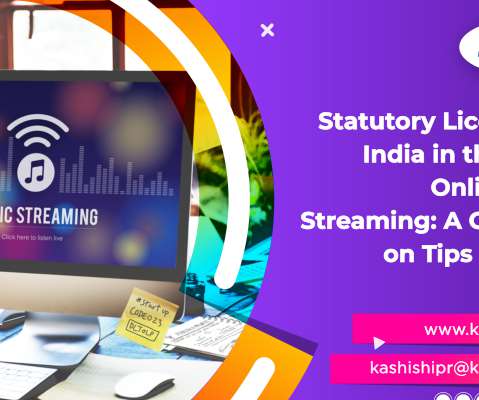
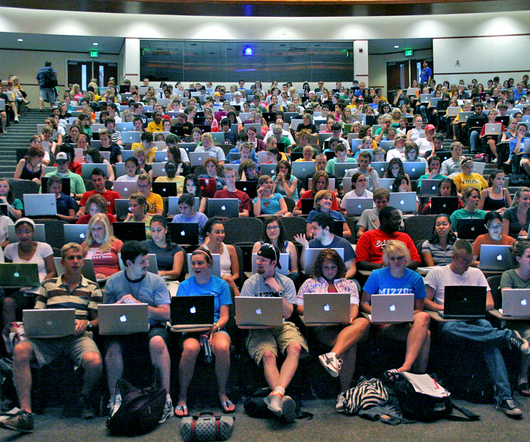


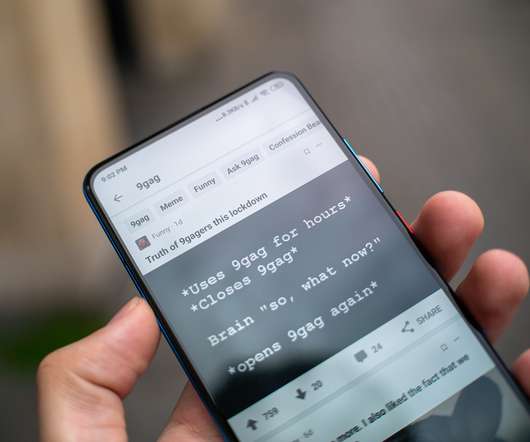






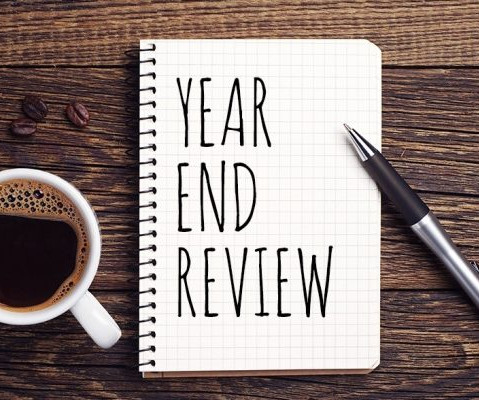
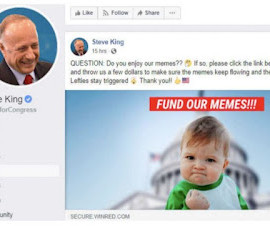

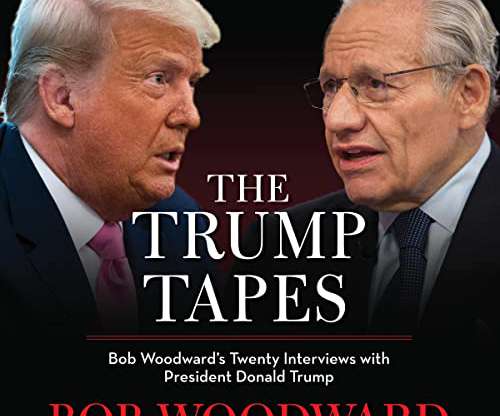






Let's personalize your content